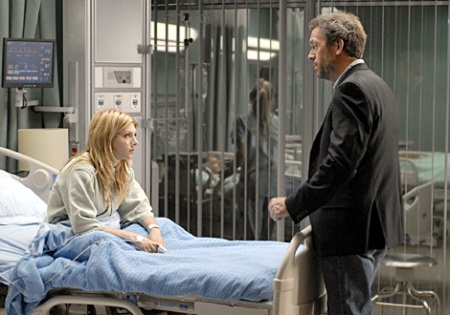
I had a dietitian call me this once… and I’m sure she didn’t create the label just for me. By “dishonest” she meant that I wasn’t a vegetarian for moral reasons, but for ED reasons.
If you’ve ever been residential, you know that there is a much higher incidence of vegetarianism in eating disorder patients than in the general population (similar to how there are so many more runners (even marathoners!) with EDs… but I’ll save that thought for another day). Coincidence? Probably not.
Converting to vegetarianism is often an early sign of eating issues… it is, for one, a type of restricting. Not only are you just not eating meat… but it’s a “great” excuse for avoiding all kinds of things. No pizza if there’s pepperoni on it. No chicken noodle soup. No sandwiches (most of the time). You can’t go to the company BBQ, unless they happen to have tofu wings or something. It’s an excuse for avoiding high calorie foods, for eating anything at all (since sometimes everything has some kind of meat in it), and for avoiding social eating altogether. All of this sounds pretty obviously eating disordered.
Now, I will argue that I never liked meat — as a kid I would eat all the other non-meat stuff at dinner. I never touched pepperoni pizza — eww, pepperoni. I am sure I have never in my entire life ordered a steak (but then again, how many 10-year olds order steak?). I think that high school was the first time that I realized I COULD be a vegetarian. Granted, this did coincide with the worsening of my eating disorder….
I will also argue that since becoming a vegetarian (and having been one for many years), eating meat seems increasingly disturbing to me. Turkey lunch meat could be okay… but ham? Or a chicken breast? I don’t want to eat something that has the name of a body part in it. Granted, I DO eat fish… and this is mainly because my life would be really difficult if I didn’t (at least I can order seafood at a restaurant and get some kind of decent protein). Fish bother me sometimes…. because they look like fish. I don’t want to remember that my food was swimming.
So, how much of my vegetarianism is eating disordered? I’d probably say 50%.
But… so what? Maybe vegetarianism is healthier than eating meat. There are plenty of studies out there that link meat eating with heart disease, cancer, and strokes (for additional examples, see GoVeg.com). What if vegetarianism is the picture of health? It’s becoming an increasingly popular idea. In this case… I’m just trying to be healthy. Granted I need to eat ENOUGH of everything, but the vegetarianism should be fine… right?
I had a therapist tell me that I could be a vegetarian AFTER recovering from anorexia. After challenging all my food fears and incorporating meat back into my diet, THEN I could re-evaluate and decide to be a vegetarian for purely moral beliefs. This brings up a familiar sticking point for me (which I have written about before — see my Dr. Drew should treat EDs post): “This may be normal but I can’t engage in it because I have an eating disorder” (like with skipping meals when you are sick and don’t feel well or training for a marathon). Anyone else can be a vegetarian for any reason that they want… I, on the other hand, can’t because of my ED history. It’s healthy for them… but not for me?
I understand my therapist’s point — if the vegetarianism is a part of the eating disorder, then it needs to be addresses and overcome. If it’s a truly moral thing, I can go back to it after getting over my fear of eating meat. But at the same time, if I’m eating enough and doing well in my recovery, who cares if I choose not to eat meat? My great-grandmother had Alzheimer’s, and the consumption of meat has been strongly linked to Alzheimer’s. I don’t want Alzheimer’s — in fact, I want to do everything I can to prevent it. Shouldn’t that be enough of a reason to not eat meat?
It might be a touchy subject, but what do you think? Is vegetarianism not-okay if you have (or have a history of) an eating disorder?

 Examples from my own history:
Examples from my own history:
